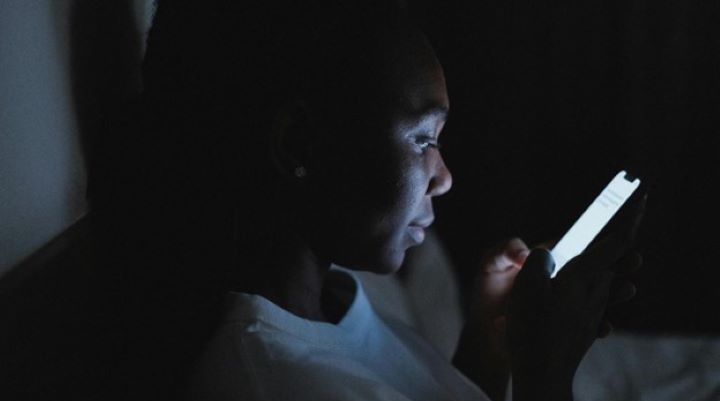
How Blue Light Affects Sleep and Recovery After Exercise
In an increasingly technology-driven world, blue light exposure has become a significant concern, especially regarding sleep and post-exercise recovery. Blue light, emitted from screens like phones, tablets, computers, and TVs, can interfere with your body’s natural rhythms, affecting rest and recovery.
Here, we explore how blue light impacts these critical aspects of health and what you can do to minimize its effects.
What Is Blue Light?
Blue light is a high-energy, short-wavelength light that is part of the visible spectrum. While natural sources like sunlight provide beneficial blue light to regulate circadian rhythms, artificial sources can disrupt these rhythms, particularly when exposure occurs late in the day.
Blue Light and Sleep
Sleep is a huge component of overall wellness and plays an important role in recovery after exercise. However, exposure to artificial blue light at night can significantly impact the production of melatonin – the hormone responsible for sleep regulation. Here’s how it works:
- Suppresses Melatonin Production: Blue light delays the release of melatonin, making it harder to fall asleep and stay asleep.
- Disrupts Circadian Rhythms: Prolonged screen time at night confuses your body’s internal clock, leading to fragmented sleep cycles.
- Reduces Deep Sleep: Poor sleep caused by blue light exposure can prevent you from entering the deep, restorative stages of sleep that are essential for physical recovery.
Impact on Recovery After Exercise
High-quality sleep is crucial for muscle repair, glycogen replenishment, and overall recovery. Blue light exposure can derail this process in several ways:
- Delayed Recovery: Without sufficient sleep, your body struggles to repair muscle tissue and replenish energy stores, slowing your progress.
- Increased Fatigue: Poor sleep due to blue light exposure can leave you feeling drained and less prepared for future workouts.
- Impaired Growth Hormone Release: During sleep, the body releases growth hormones that are essential for tissue repair and muscle growth. Blue light disruption reduces this release, hindering recovery.
How to Minimize Blue Light Exposure
- Use Blue Light Filters: Most devices now have a built-in night mode that reduces blue light emission. Glasses designed to block blue light are another effective option.
- Set a Screen Curfew: Avoid using electronic devices at least 1-2 hours before bed to allow your body to wind down naturally.
- Prioritize Bedroom Lighting: Opt for dim, warm-colored lights in the evening to create a calming atmosphere that promotes melatonin production.
- Establish a Sleep Routine: Going to bed and waking up at the same time daily can help stabilize your circadian rhythms.
- Opt for Blue-Light-Free Evening Activities: Engage in relaxing, screen-free activities like reading a physical book, meditating, or stretching to prepare your mind and body for sleep.
Conclusion
Blue light has a significant impact on sleep quality and recovery after exercise. By reducing evening exposure, you can enhance your rest, promote better recovery, and support your overall fitness goals.
The National Wellness and Fitness Association is dedicated to spreading awareness about the interconnected aspects of wellness. For more tips and insights, visit the National Wellness and Fitness Association.